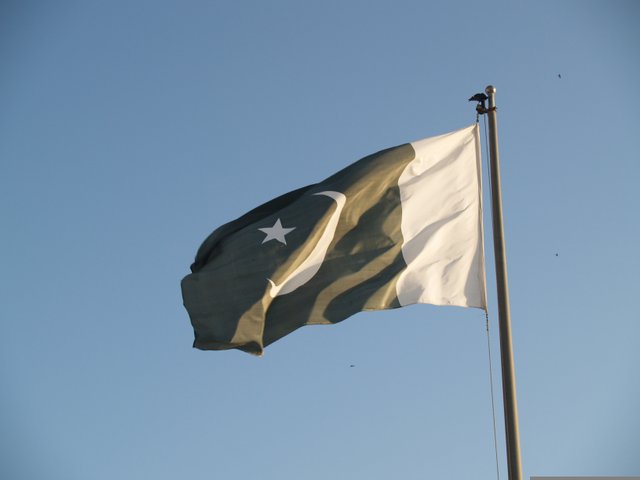Pakistan's Rich History| Steem For Pakistan
History of Pakistan: |
|---|
In the 7th Century: |
|---|
In the 7th century CE, the Islamic armies of the Umayyad Caliphate swept through the region, introducing Islam to the area. The region became a hub of Islamic culture and learning, with famous centers of learning such as the University of Taxila and the Sufi shrines.
The Mughal Empire, which was founded in 1526, brought a new era of prosperity to the region. Under the Mughals, art, architecture, and literature flourished, and the region became a center of trade and commerce. The Mughal Empire ruled over the region until the British arrived in the 18th century.
British East india company: |
|---|
The British East India Company arrived in the region in the late 1700s and gradually established control over the region. In 1857, a rebellion against British rule broke out, which was eventually crushed. The British then established direct control over the region, which was known as British India.
20th century: |
|---|
In the early 20th century, a movement for independence from British rule began to gain momentum. The All India Muslim League, which was founded in 1906, began to demand a separate homeland for Muslims in India. This led to the partition of India in 1947, with the formation of Pakistan and India as separate countries.
Pakistan initially consisted of two regions, East Pakistan (now Bangladesh) and West Pakistan (now Pakistan). The country was ruled by a series of military dictatorships, with periods of democratic rule interspersed. In 1971, a civil war broke out in East Pakistan, which eventually led to the formation of Bangladesh as a separate country.In 1977, General Zia-ul-Haq seized power in a military coup and established an authoritarian regime. During his rule, Zia introduced strict Islamic laws and cracked down on political opposition. Zia died in a plane crash in 1988, and democratic elections were held in 1988.
struggled: |
|---|
In the years since, Pakistan has struggled with political instability, sectarian violence, and terrorism. The country has also faced economic challenges, with high levels of poverty and unemployment. In recent years, Pakistan has made progress in combating terrorism and has taken steps to improve its economic situation.
Pakistan remains an important country in South Asia, with a rich cultural heritage and a strategic location at the crossroads of Asia and the Middle East. Despite its challenges, Pakistan has a bright future ahead and continues to make progress towards a more prosperous and stable future.
Special Thanks: |
|---|
Best Regards: |
|---|
